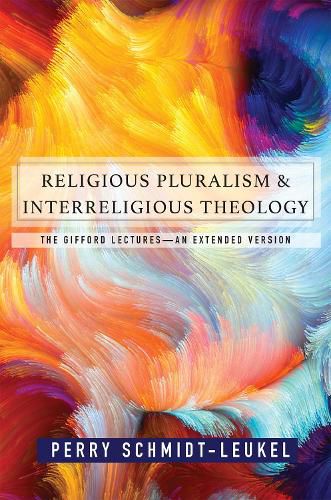Readings Newsletter
Become a Readings Member to make your shopping experience even easier.
Sign in or sign up for free!
You’re not far away from qualifying for FREE standard shipping within Australia
You’ve qualified for FREE standard shipping within Australia
The cart is loading…






This title is printed to order. This book may have been self-published. If so, we cannot guarantee the quality of the content. In the main most books will have gone through the editing process however some may not. We therefore suggest that you be aware of this before ordering this book. If in doubt check either the author or publisher’s details as we are unable to accept any returns unless they are faulty. Please contact us if you have any questions.
As an expansion of his earlier Gifford Lecture, Schmidt-Leukel argues that interreligious theology as a discipline carries the promise of being the theology of the future even though severe barriers to religious pluralism exist within each major faith tradition. He shows nevertheless that possibilities for a pluralist understanding exist in Christianity, Judaism, Islam, Hinduism, Buddhism, and Chinese religions.
$9.00 standard shipping within Australia
FREE standard shipping within Australia for orders over $100.00
Express & International shipping calculated at checkout
This title is printed to order. This book may have been self-published. If so, we cannot guarantee the quality of the content. In the main most books will have gone through the editing process however some may not. We therefore suggest that you be aware of this before ordering this book. If in doubt check either the author or publisher’s details as we are unable to accept any returns unless they are faulty. Please contact us if you have any questions.
As an expansion of his earlier Gifford Lecture, Schmidt-Leukel argues that interreligious theology as a discipline carries the promise of being the theology of the future even though severe barriers to religious pluralism exist within each major faith tradition. He shows nevertheless that possibilities for a pluralist understanding exist in Christianity, Judaism, Islam, Hinduism, Buddhism, and Chinese religions.